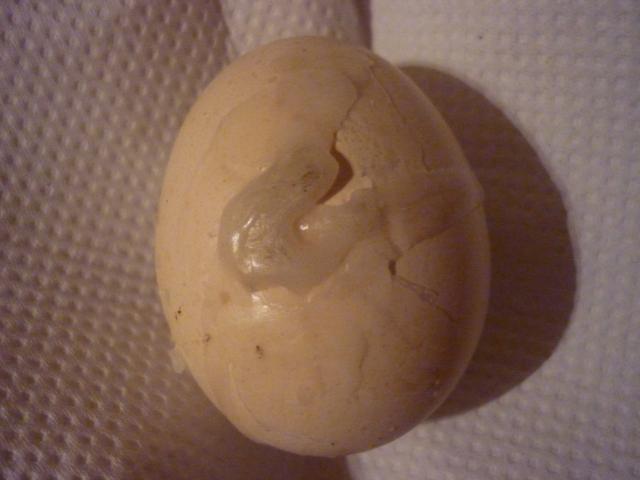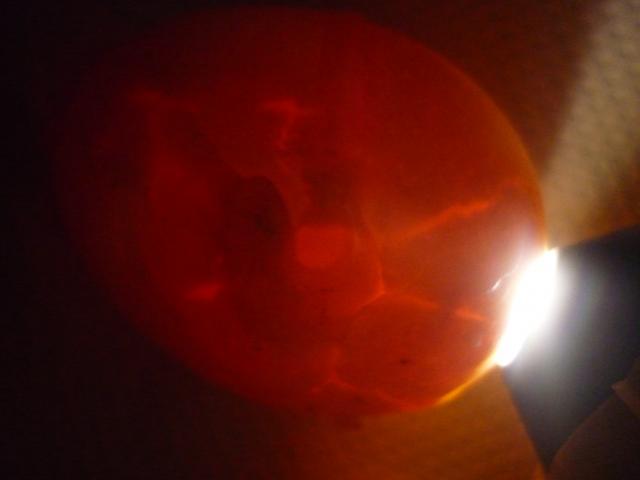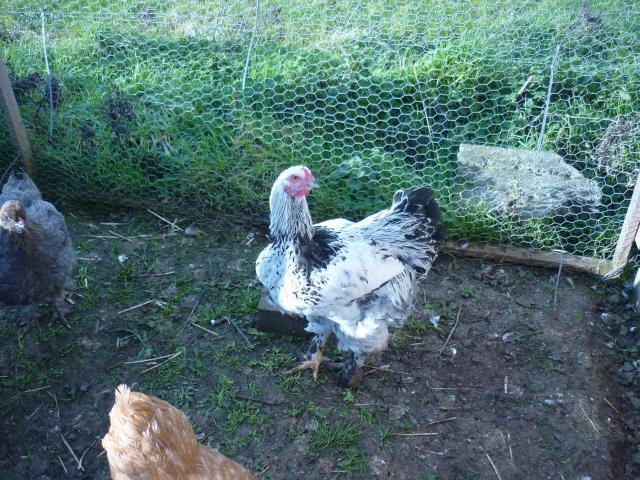BlacksheepCardigans
Songster
I've spent about a week reading everything I can on bacterial infections and egg hatching. I got interested because it seems like everybody just says "Oh well, blood ring," or "Oh well, didn't pip," and that's that. It seemed to me that it shouldn't be OK for lots of chicks to be dying due to bacterial stuff.
What I find is interesting - every piece of research says that the whole "eggs are perfect inside as long as you leave the bloom on" idea is completely false. Eggs are immediately vulnerable to bacteria and they are full of salmonella and e. coli inside the egg within minutes of exposure.
And - EVERYTHING I find says that you're supposed to disinfect the eggs. Every study examining hatchability says disinfecting the shells improves hatch rate.
In the commercial and university hatcheries, they won't even attempt to hatch anything visibly dirtied or smeared. They will only accept visually perfect eggs. And they're STILL disinfecting every single one, and consider it vital to getting a good hatch.
I have to say, this has 1) made me really wary of any egg with smears on it, 2) made me determined to change nest box materials very frequently, and 3) made me wonder why in the world we're not dipping/spraying/washing hatching eggs as a matter of course.
Any thoughts?
What I find is interesting - every piece of research says that the whole "eggs are perfect inside as long as you leave the bloom on" idea is completely false. Eggs are immediately vulnerable to bacteria and they are full of salmonella and e. coli inside the egg within minutes of exposure.
And - EVERYTHING I find says that you're supposed to disinfect the eggs. Every study examining hatchability says disinfecting the shells improves hatch rate.
In the commercial and university hatcheries, they won't even attempt to hatch anything visibly dirtied or smeared. They will only accept visually perfect eggs. And they're STILL disinfecting every single one, and consider it vital to getting a good hatch.
I have to say, this has 1) made me really wary of any egg with smears on it, 2) made me determined to change nest box materials very frequently, and 3) made me wonder why in the world we're not dipping/spraying/washing hatching eggs as a matter of course.
Any thoughts?




 Oh my...heavens to mergatroid! This might sound like it has nothing to do with washing or not washing eggs, but here is the deal.
Oh my...heavens to mergatroid! This might sound like it has nothing to do with washing or not washing eggs, but here is the deal.


